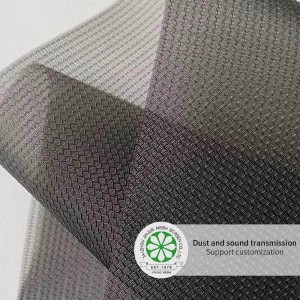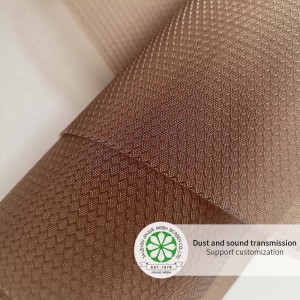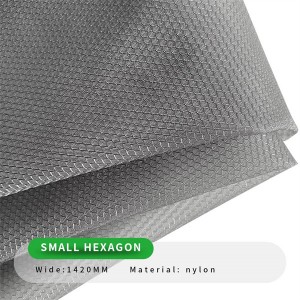Nylon and polyester are synthetic fabrics that see wide use across many industries. Both nylon and polyester are available as high tenacity yarns. They most commonly appear in the garment-manufacturing industry, but they're versatile enough to be used as specialty fabrics in aerospace, automotive, and medical applications. Comparing nylon with polyester shows that they have many similar properties, but several crucial distinctions still exist between them.
Many industries prize both materials for their strength. However, nylon is stronger, so it's more widely used for making parts like durable plastic gears. Military manufacturers also use nylon to make parachutes, and because it's elastic and has a silky look and feel, nylon also is the material of choice for tights and stockings.
Polyester resists stretching and shrinking, and it also dries quicker than nylon, making it widely used in fabrics for outdoor use.
Resistance to Different Elements: Water, Fire, UV, and Mildew
Whether for commercial or industrial use, a fabric's ability to resist the elements influences its selection.
Both nylon and polyester resist water, but polyester resists it better than nylon. Additionally, polyester's water-resistant properties increase as the thread count rises. However, neither material is fully waterproof unless it's coated with special materials.
Nylon and polyester are both flammable, but each reacts differently to fire: nylon melts before burning, whereas polyester melts and burns at the same time.
Polyester has a higher flammability temperature than type 6 nylon, so it catches fire less easily.
Polyester also resists UV much more effectively than nylon, which quickly fades when exposed to sunlight. However, both hold up equally well to mildew.
Using Nylon and Polyester in Different Industries
Nylon and polyester - different types
For automotive and aeronautical applications, nylon and polyester form critical, flame-resistant components of seat supports, literature pockets, and cargo nets. These fabrics also resist saltwater corrosion and fading in marine environments.
In clothing, these fabrics help repel water and mildew, and they also don't tear easily.
Find the Perfect Fabric at Jinjue
Jinjue provides both nylon and polyester fabrics.Contact us today if you would like to learn more about our synthetic fabric solutions.

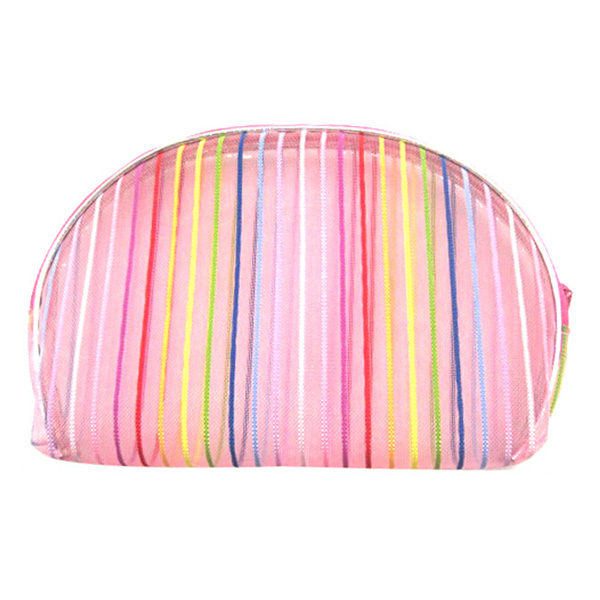
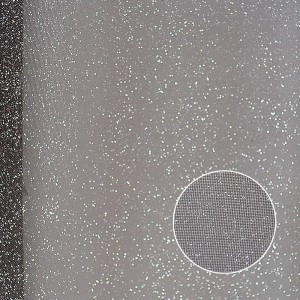
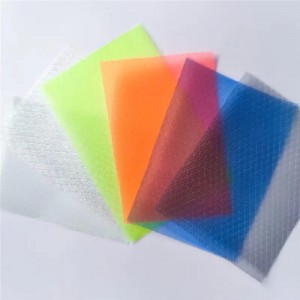

英文版主图6-300x300.jpg)

